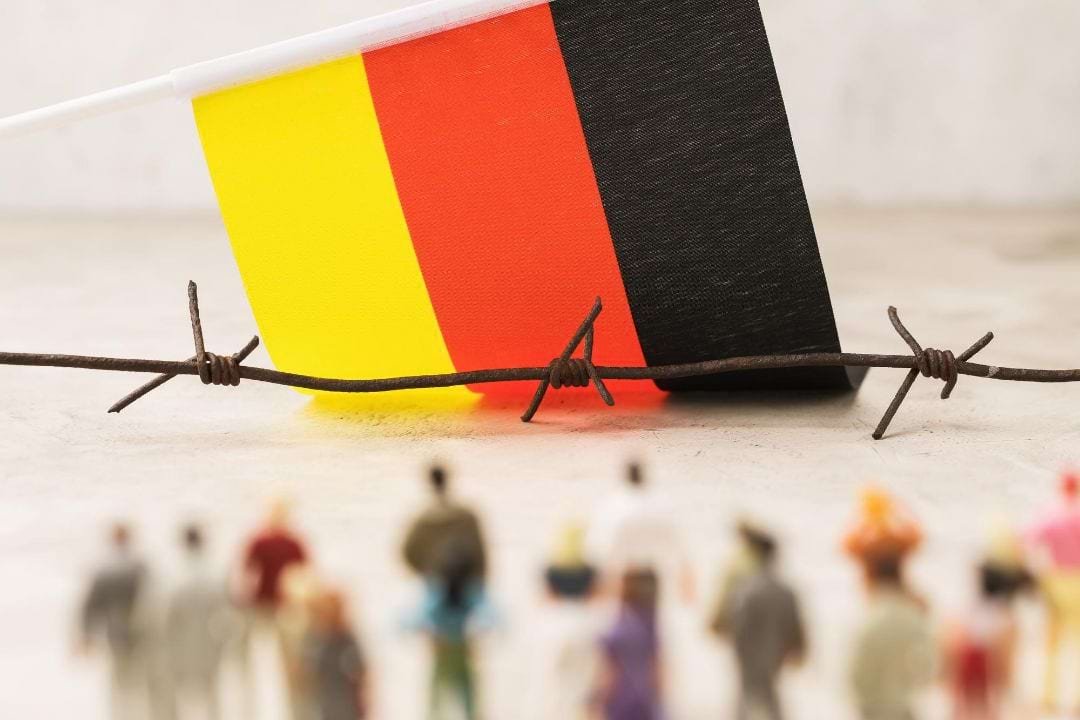
The nation's Purchasing Managers' Index (PMI), which monitors activity in the manufacturing and service sectors, fell to 44.7 in August from 48.5 in July. Since May 2020, when the nation started gradually easing harsh pandemic restrictions, that reading has been the lowest. A contraction is indicated by a value below 50.
A "deepening downturn in manufacturing," with output declining for a fourth straight month, was underlined by the poll. Services saw a decline in activity for the first time in eight months.
"Any possibility that the service sector could save the German economy is now nonexistent. According to Cyrus de la Rubia, chief economist of Hamburg Commercial Bank, which produces the study of German companies in collaboration with S&P Global, the service industry is likely to join the manufacturing sector's slump.
The numbers provide more proof that Germany's economy is faltering once more after narrowly escaping a winter recession in the second quarter. Data released earlier this month showed a greater than anticipated decline in industrial production in June, which was mostly due to a severe contraction in the country's sizable automobile industry.
The other 19 euro-using nations are feeling the effects of Germany's economic woes, and the area as a whole is in danger of entering a recession after hardly growing in the second quarter.
According to a separate survey released on Wednesday by Hamburg Commercial Bank and S&P Global, the first PMI reading for the euro area dropped to 47 in August, the lowest level since November 2020.
According to De la Rubia, the German service sector is primarily responsible for the downward pressure on the eurozone's economy in August.
Both surveys revealed an unsettling increase in service inflation as a result of growing salaries, which may make the European Central Bank less inclined to put a halt to interest rate increases when it meets next month.
Once more, Germany's situation is worse than that of the rest of Europe as "stagflation," a toxic concoction of high prices and poor development, has taken hold.
According to De la Rubia, "Activity has started to decline while prices have shot up again, even picking up pace." It is bad news for the ECB when inflation cannot be controlled in the largest economy in the eurozone.
